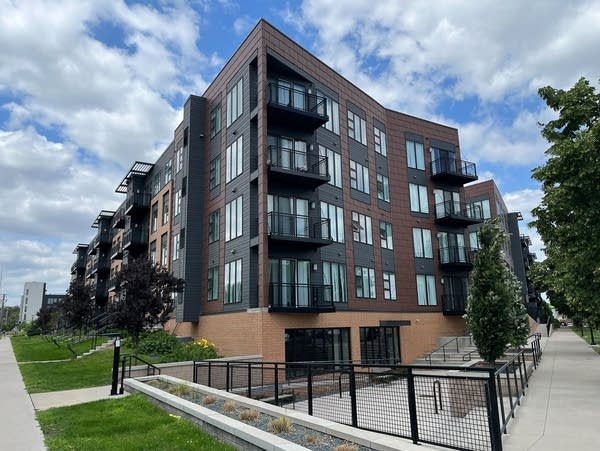In first test, St. Paul’s housing rent control has limited impact

Union Flats, 787 N. Hampden Ave. in St. Paul, owned by Dominium, is pictured on July 19. It's one of two apartment complexes in St. Paul where residents are challenged an eight percent rent increase, under the city's new rent control ordinance.
Tim Nelson | MPR News
Go Deeper.
Create an account or log in to save stories.
Like this?
Thanks for liking this story! We have added it to a list of your favorite stories.


